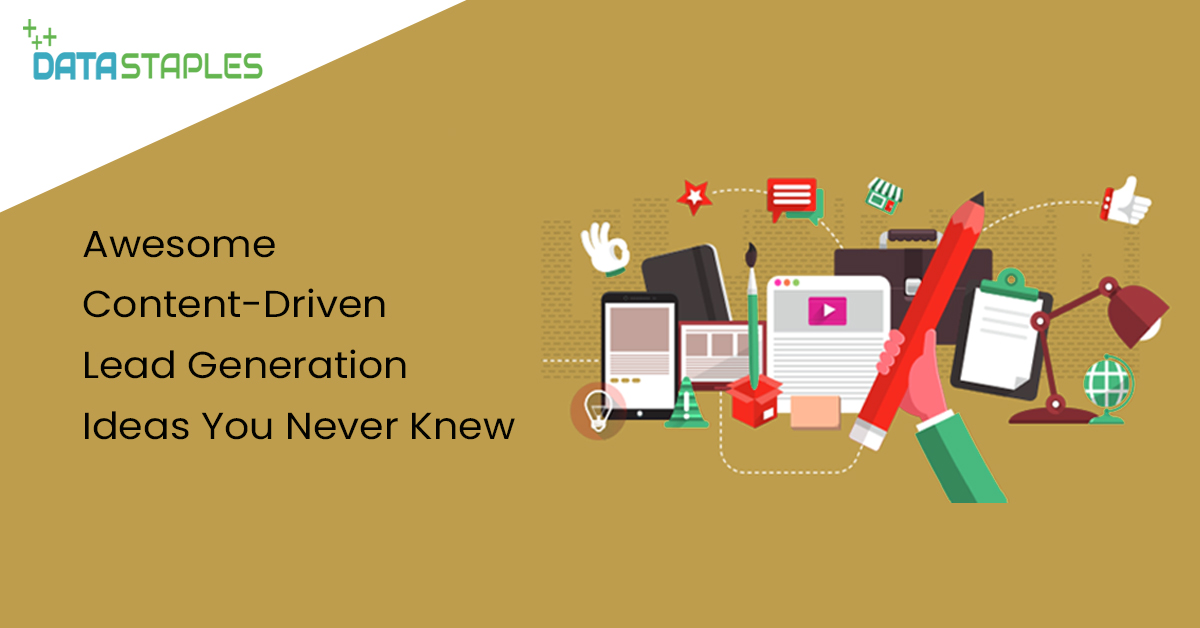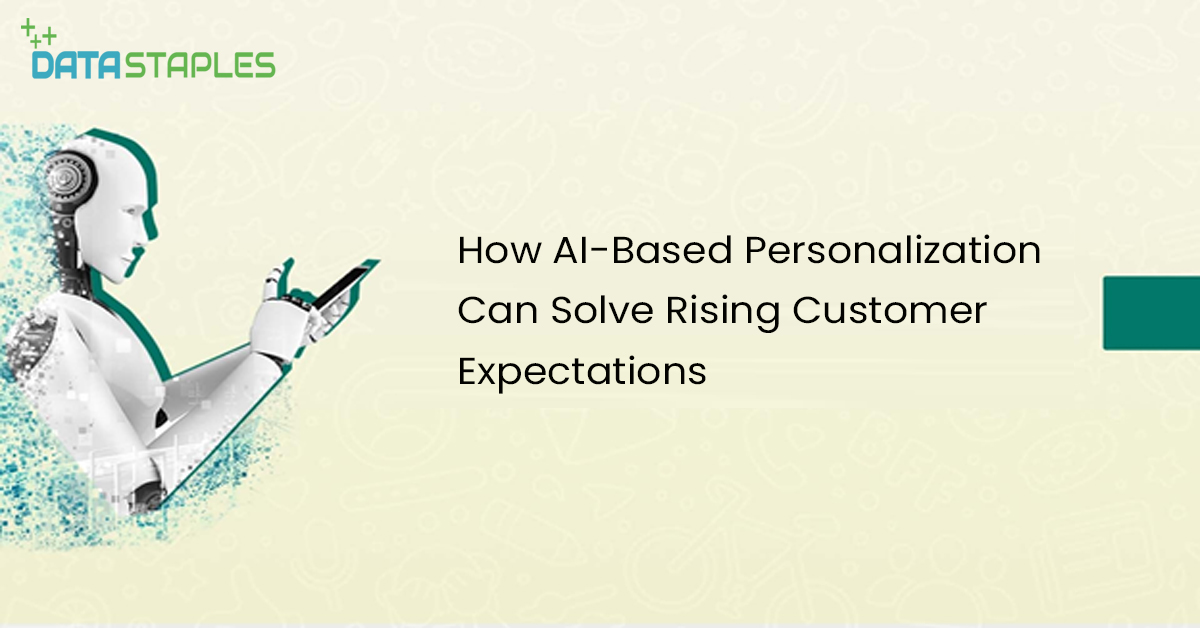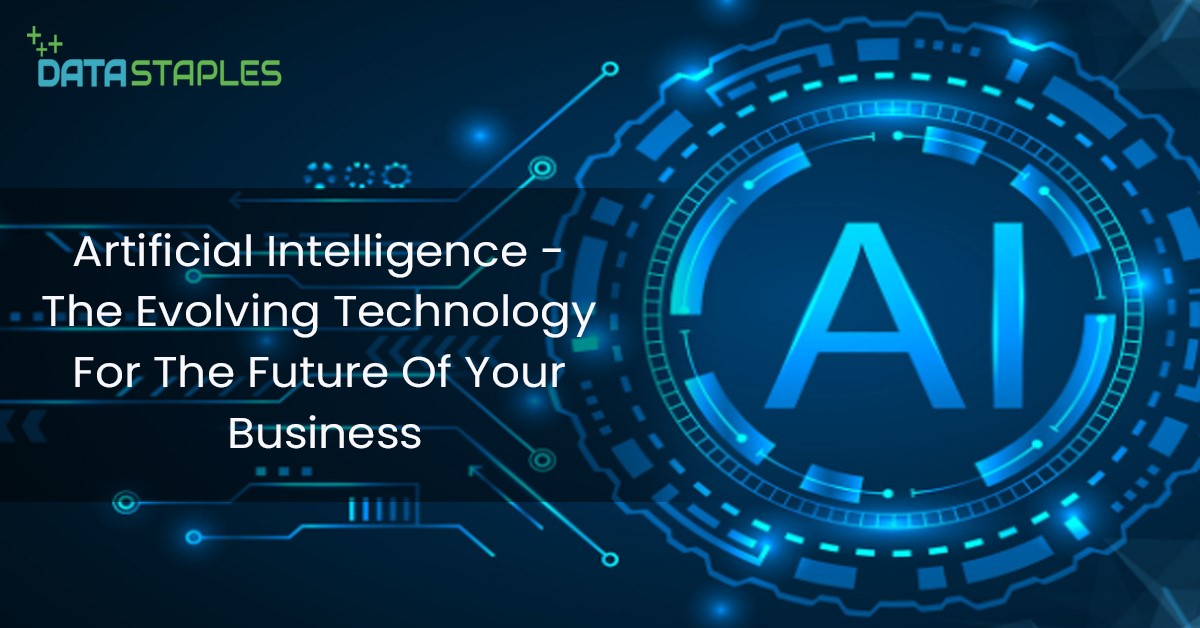
Artificial Intelligence – The Evolving Technology For The Future Of Your Business
In a highly competitive and ever-changing business environment, digital transformation is one of the most important drives for firms to give value to their consumers in a continuous manner. In numerous industries, artificial intelligence (AI) has been identified as one of the key enablers of digital transformation. In order to meet changing customer demands and market conditions, the transformation process tries to employ digital technology to construct or improve consumer experiences, culture, and company processes.
This is where artificial intelligence (AI) comes into the picture. It has the potential to help businesses become more innovative, flexible, and adaptable than ever before. Artificial intelligence is one of the most important digital transformation drivers because it promises speed, ease, and cost optimization while simplifying complex processes and systems. With applications in a variety of industries, AI is predicted to become a disruptive technology over the next 5 years.
What is Artificial Intelligence?
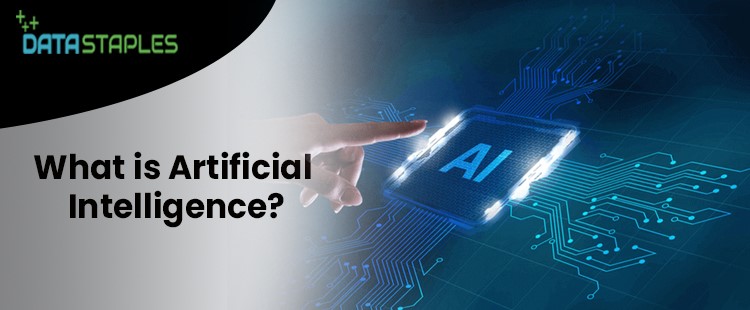
Artificial Intelligence is the ability of computers to perform tasks that usually people perform. For example, the ability to make decisions, the ability to communicate with users, etc. In other words, AI is about making machines think and act like humans (or even better). AI does not replace people in most cases. Instead, it enhances human capabilities and transforms the way we work. AI works through artificial intelligence software tools.
So, let’s see how Artificial Intelligence can be an evolving technology for the future of your business:
Delivering Personalized Experience
According to “Business Insider,” by 2020, almost 85% of all customer interactions will be handled without humans. This appears to be entirely feasible, given that automated systems that mimic human activities efficiently manage phone calls, chats, e-mails, and social media comments.
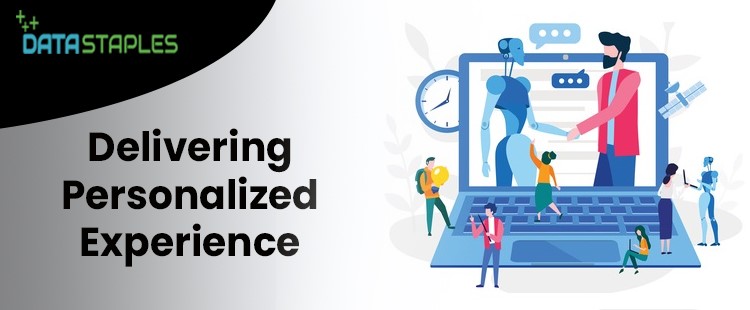
AI is transforming e-commerce in a variety of ways right now. Customer purchasing history, past credit checks, and several other common threads are quickly identified by AI. AI will therefore assist in focusing offers to a specific consumer, providing them with a personalised experience, by evaluating millions of such transactions every day.
Incorporating Automation in Businesses
The advent of AI technology has resulted in work automation, entering a new era of business. From factory robots to online hotel reservations, the theme remains same, with the only variable being where AI is used. AI is rapidly automating various ordinary corporate operations, thanks to a growing trend in the automation of routine tasks.
Smart Decision Making
AI systems can swiftly extract meaningful information from large datasets, which would otherwise be a difficult and time-consuming task. Businesses may have entire customer data and helpful insights pushed out to make educated and fast business decisions by combining their CRM with AI.

AI is now used to make business decisions such as ‘which customers to focus on’ and ‘the best-possible offerings.’ Furthermore, with the help of AI, businesses can identify the most promising leads and possibilities.
Streamlines Sales Efforts
AI systems are capable of detecting signals that are frequently overlooked by salespeople looking for correlations in current customer data. Businesses can utilise this information to establish stronger customer relationships and reduce churn, for example, if an AI-integrated customer support tool forecasts a customer’s view based on their recent engagement.
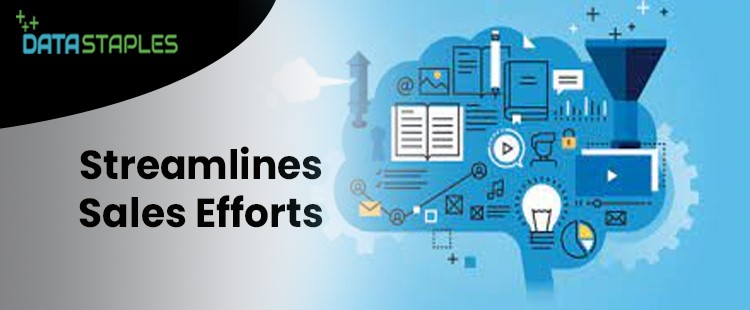
Furthermore, rather than waiting for customers to express their dissatisfaction, a firm can take quick proactive efforts to improve customer perceptions as soon as it recognises that they are unhappy. As a result, organisations will know what to focus on by forecasting outcomes, which is a major help of Artificial Intelligence in small businesses.
Increases Business Efficiency

AI systems can do all of the mundane and repetitive duties while freeing up resources to focus on higher-value work. For SMBs, who frequently have limited resources, this AI technology is a game changer. Employees may focus on tasks that move the business needle, such as routeing new queries and logging notes in CRM, by automating processes such as these. As a result, incorporating AI into small enterprises is a game-changing decision.
Unlocks Unstructured Data for Interpretation
Only 20% of the information available to us is structured data, which consists of data that can be examined and evaluated. The remaining 80% of available data is unstructured, but it can be quite useful if it can be used to provide useful business insights.
For example, an energy business preparing to build a gas pipeline will have a slew of questions about the location, what has been built previously, past problems, and so on, and the answers will be found in training manuals and old inspection papers stashed away on unreachable shelves. In such circumstances, AI assists organisations in transforming unstructured data into useful information.
Enhances Targeted Marketing
Automated systems are used by online search providers, online merchants, and other internet companies to study consumers and their buying behaviours in order to target adverts for the exact things they’re most likely to want or need.
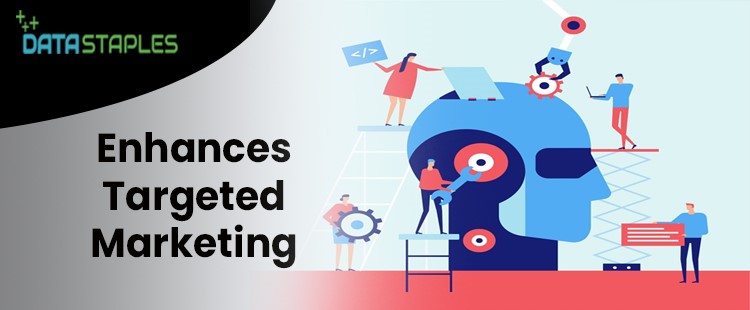
In the real world, AI may also assist businesses in delivering tailored marketing. Some businesses have started to combine sophisticated technology, such as facial recognition and geolocation software, with analytics to identify customers and subsequently push products, services, or sales that are tailored to their specific interests.
Improves Quality Control and Quality Assurance
Machine vision, a type of artificial intelligence, has been used by manufacturers for decades. However, they are currently developing such applications by incorporating quality control software with deep learning abilities to enhance the precision and agility of their quality control operations while reducing cost. As deep learning methods establish their own criteria to decide what constitutes quality, these systems provide a more precise and ever-improving quality assurance role.
Empowers Competitive Intelligence
It is now easier than ever to undertake competitive intelligence, research, and analysis thanks to AI. The process of gathering and analysing information about your present and potential competitors, sector, and business environment is known as competitive intelligence. You can practically monitor everything your competitors do, from their products to their staff to their advertising.
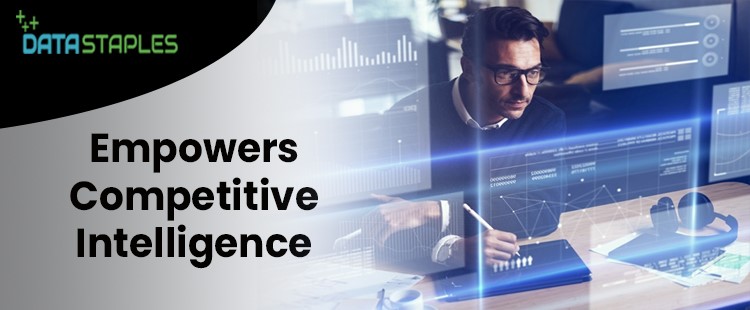
The objective is to figure out what works for other companies in your market so you can make the best selections possible. You can easily observe, track, and comprehend what your competitors have been doing and what makes them successful by using artificial intelligence into your competitive intelligence activities.
Wrapping Up
Although it is difficult to predict how AI will be used in the future or what applications will be viable over the next decade, AI and deep learning are predicted to automate mundane commercial processes. The bandwagon will only become more streamlined and faster as AI technologies continue to improve. Artificial intelligence has various economic advantages, therefore the sooner you transition, the better.
If you want to use AI technology in your organisation, the first step is to discover opportunities and develop long and short-term business models before properly integrating the developing solution and reaping its benefits. As a result, businesses will benefit from a technology-rich, people-first, and business-oriented approach to efficiently integrate with the intelligent technologies to optimise operations and capture new growth prospects.



